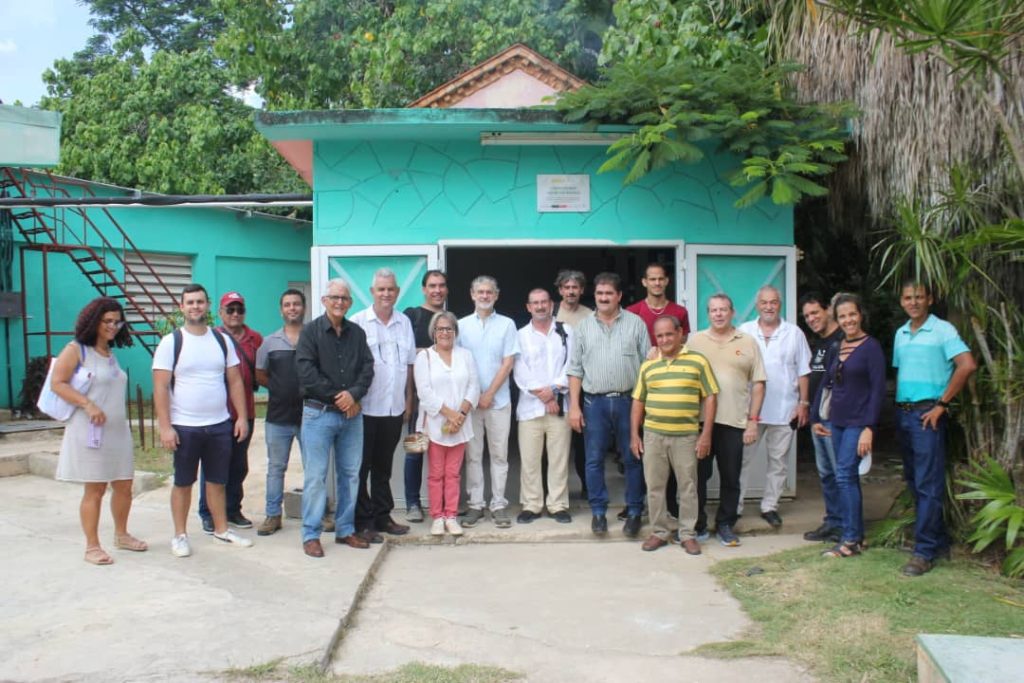Cuba is facing a severe energy crisis caused by the scarcity of fossil fuels, in sharp contrast to the abundance of biomass available on the island, which remains largely underutilized. In this context, high-quality solid biofuels emerge as a strategic alternative to diversify the energy mix and reduce external dependence.
With this vision, the Mor-e project, funded by the Spanish Agency for International Development Cooperation (AECID), has launched the country’s first plant for the production and use of biomass pellets.
In Cuba, the leaves of Moringa oleifera, highly valued for their nutritional properties, are dried with solar energy during the day and, until now, with electric resistance heaters at night. The new plant transforms moringa prunings (previously left in the fields, creating risks of fires and pests) into pellets that fuel a boiler for night-time drying. In addition, surplus pellets will be supplied to bakeries, helping them avoid production stoppages due to fuel shortages.
The project has also strengthened research and training in solid biofuels through the establishment of a combustion laboratory and the delivery of three postgraduate courses, organized in collaboration with the University of Havana.







